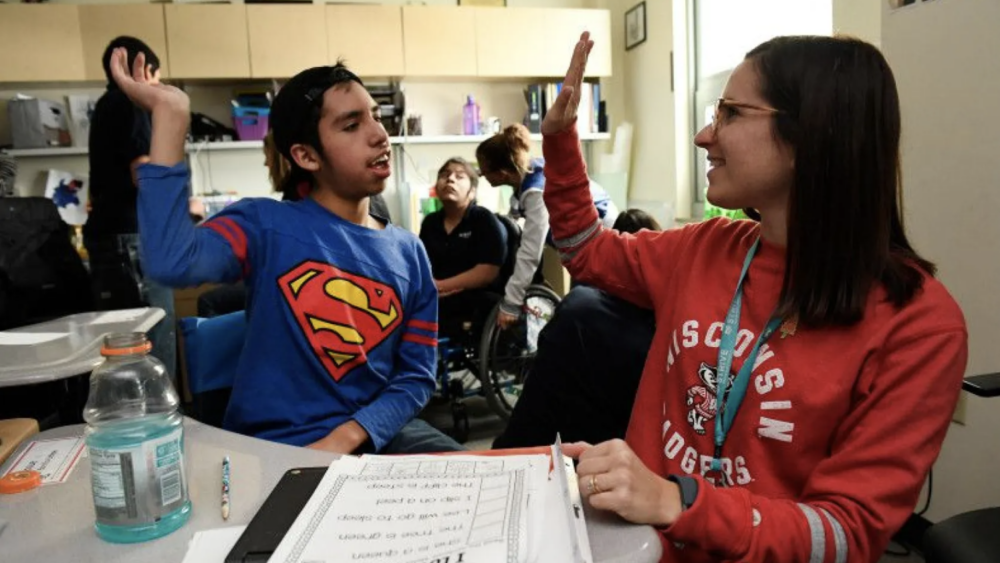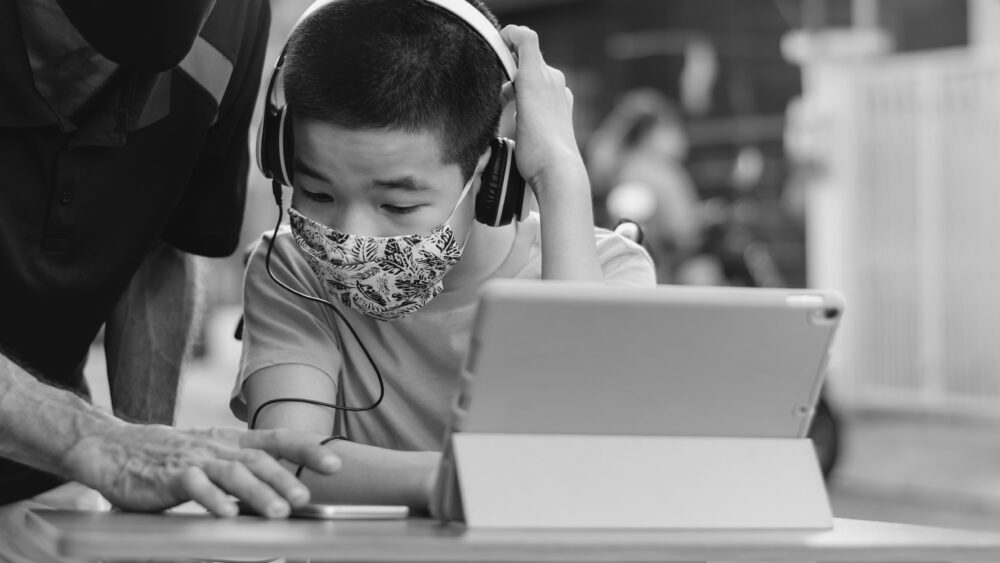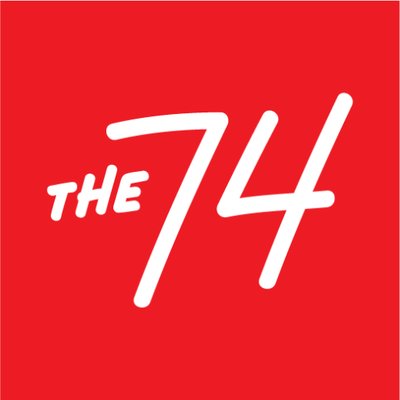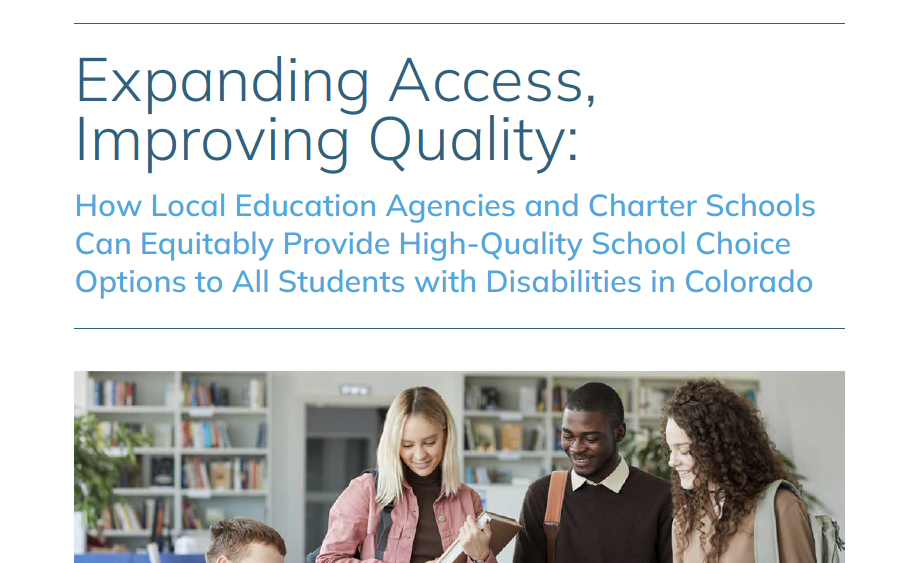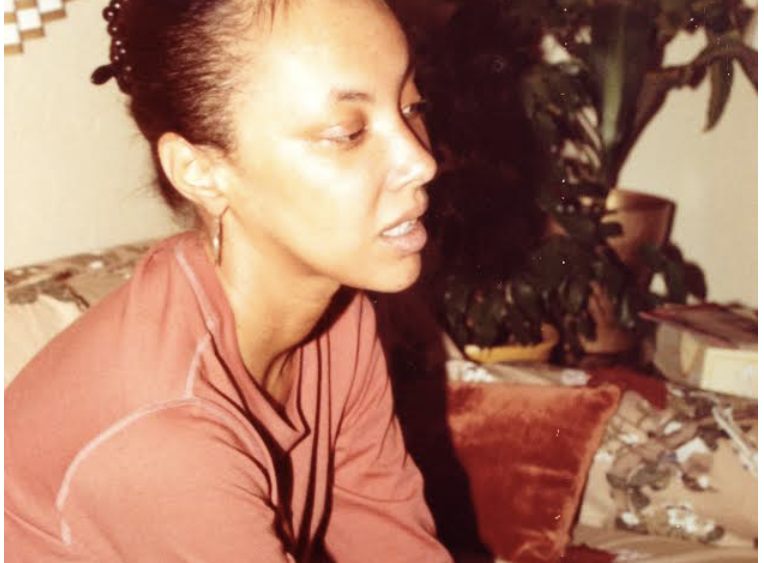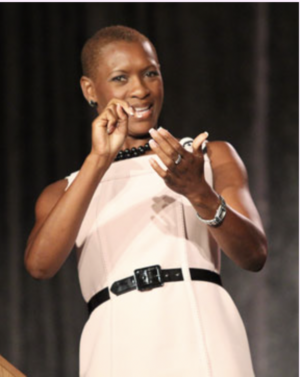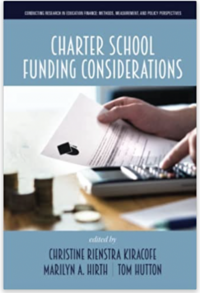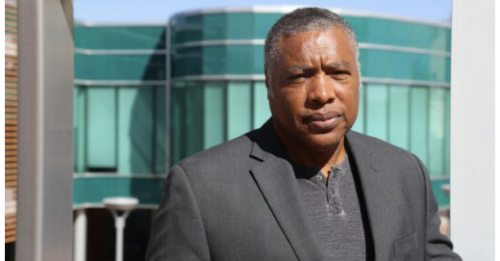Chalkbeat Colorado cited a CLE in “Colorado charter schools seek more authority over special education”, an exploration of how charter schools within the state can provide better educational opportunities for students with disabilities.
Lauren Morando Rhim and Alex Medler co-write an opinion piece for The Colorado Sun exploring the lag in enrollment among students with disabilities in charter schools.
Lauren Morando Rhim quoted in “GAO recommends minimizing virtual charter schools’ management risks” on K-12 Dive.
The 74 features Wendy Tucker’s opinion on the presence of police in schools following an incident that resulted in the restraint of a 9 year old student by local police.
The Center for Learner Equity partnered with CACSA to publish reports exploring policies impacting students with disabilities in Colorado and the experiences of families of students with disabilities navigating educational opportunities within the state.
In April of 1977 Jackson was a participant in a disability rights sit-in led by disability rights advocate Judy Heumann. Along with approximately 150 severely disabled demonstrators, Jackson occupied the San Francisco regional offices of the Department of Health, Education, and Welfare for over a month, demanding that Section 504 of the Rehabilitation Act of 1973 be enforced.
Claudia Gordon would eventually become first deaf female Black lawyer to graduate from law school and pursued a career centered around helping individuals with disabilities.
Charter School Funding Considerations examines charter schools through the lens of professionals and researchers in the field, providing readers with an overview of operational and funding issues related to these institutions. The Center for Learner Equity co-founders Paul O’Neill and Lauren Morando Rhim have written chapters in the book.
Throughout the month of February, the Center for Learner Equity will honor Black History Month by highlighting the contributions of Black people in disability rights and inclusion. This week we will spotlight Renaldo Fowler of the Arizona Center for Law Disability.
Executive director and CLE co-founder, Lauren Morando Rhim makes a guest appearance on #FreedomFriday with Christ Stewart and Sharif El-Mekki.
